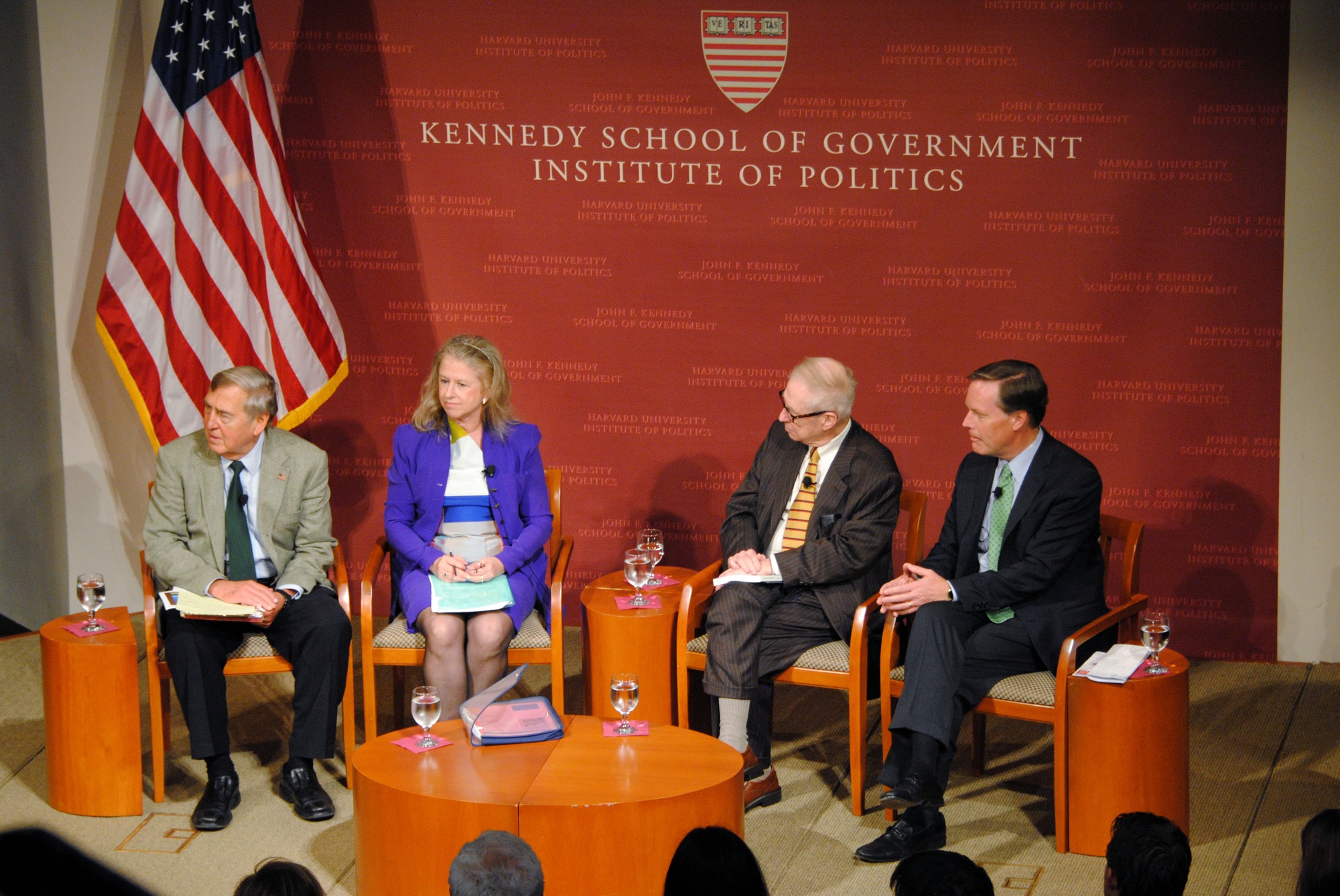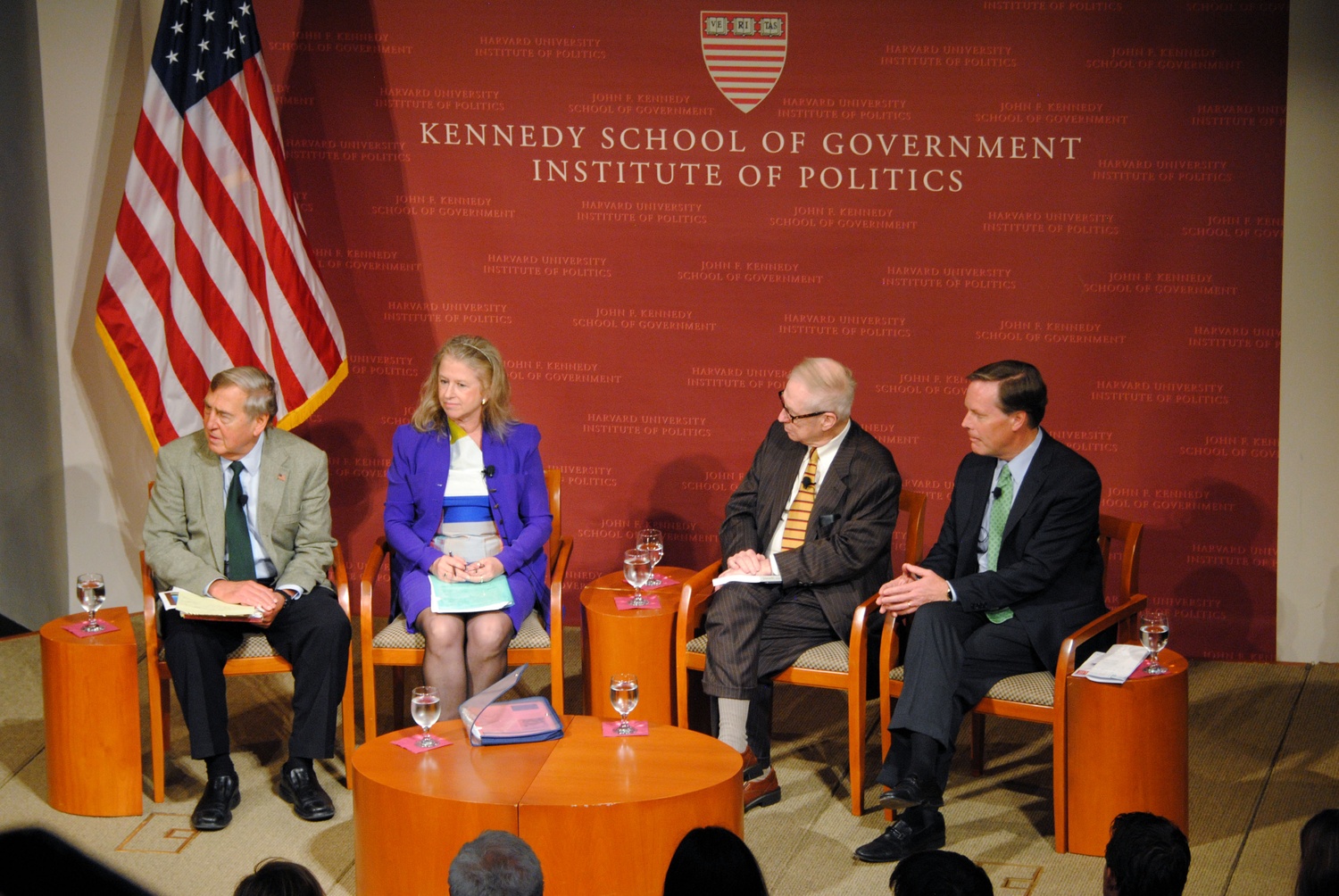
News
HMS Is Facing a Deficit. Under Trump, Some Fear It May Get Worse.

News
Cambridge Police Respond to Three Armed Robberies Over Holiday Weekend

News
What’s Next for Harvard’s Legacy of Slavery Initiative?

News
MassDOT Adds Unpopular Train Layover to Allston I-90 Project in Sudden Reversal

News
Denied Winter Campus Housing, International Students Scramble to Find Alternative Options
Experts Discuss Potential for Another World War

Experts disagreed whether tension between China and the U.S. in the East China Sea has the potential to escalate to global conflict on the scale of World War I by Oct. 2015 at the John F. Kennedy Jr. Forum on Wednesday night.
Disagreement between Japan and China over possession of a small group of islands in the East China Sea has mounted in recent years.
During the discussion, moderated by Belfer Center Director and Harvard Kennedy School Professor Graham T. Allison ’62, panelists compared geopolitical conditions today and 100 years ago, at the outset of World War I.

Etel L. Solingen, political science professor at the University of California at Irvine, said war between the U.S. and China is unlikely. Though she called China “the rising power” in contemporary world politics, she noted that Germany under Kaiser Wilhelm in the early twentieth century had goals to dramatically expand its reach.
Kennedy School professor Richard N. Rosecrance said that though war is possible, it is unlikely to break out by 2015. He added that while there is competition between the U.S. and China for control in the East China Sea, this tension would not necessarily end in full scale war.
“The key difference between now and then is that you can have conflicts among your allies, even among your navy vessels,” he said.
Kennedy School Professor R. Nicholas Burns said that though war is “highly improbable,” he did not entirely rule out the possibility. According to Burns, world leaders at the advent of World War I did not foresee how alliances between countries would lead war to spread across Europe. Similarly, today’s political elite, he said, may underestimate the commitment of U.S. support of Japan.
Audience members said they found the event’s focus on China to be relevant.
“I think it was a very timely discussion and given the state of affairs is one that is worth talking about,” said Kennedy School student William A. Eberle. “[The discussion] focused very heavily on China at the expense of other countries,” he said, noting that World War I involved many international alliances.
Joshua S. Lipsky, also a student at the Kennedy School, said he appreciated the event’s coverage of both military and economic relations.
“You have to have these discussions. China is a major partner, not just a major threat,” he said.
Want to keep up with breaking news? Subscribe to our email newsletter.
